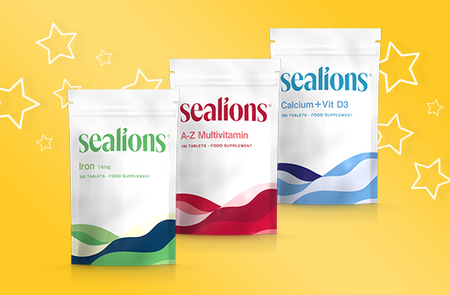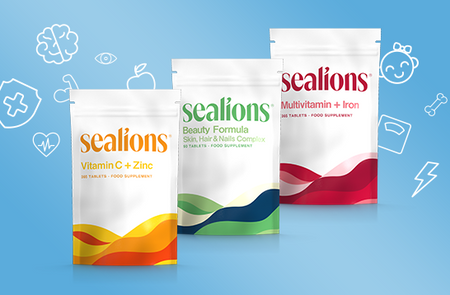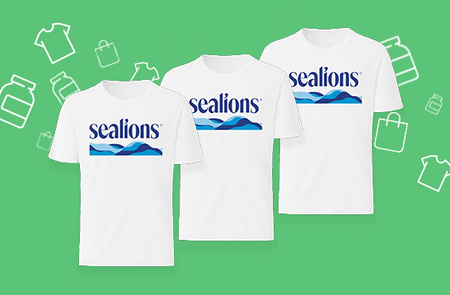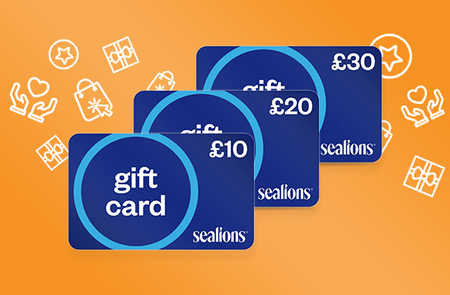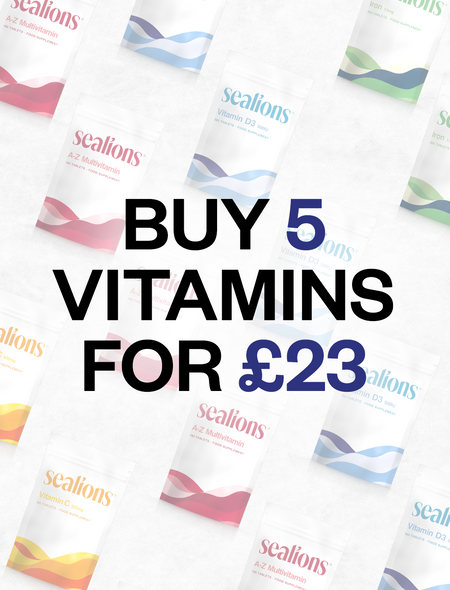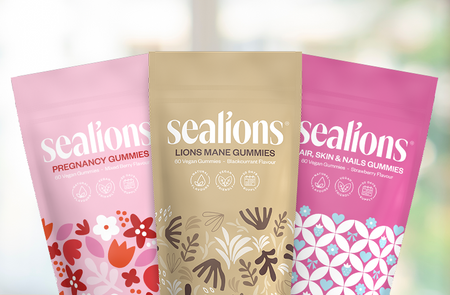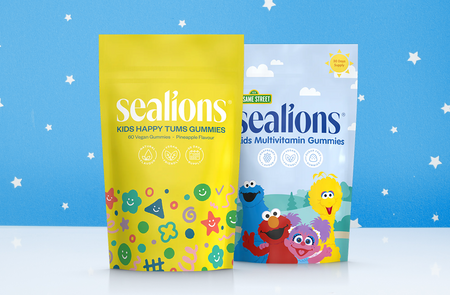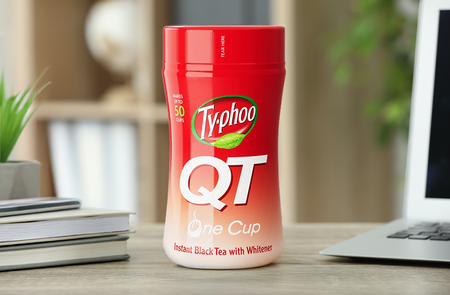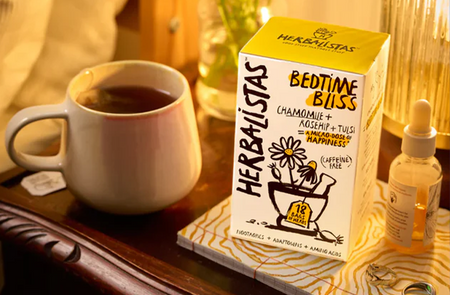
What’s The Difference Between Expensive and Cheap Vitamins?
A year’s supply of vitamins for just £5. That’s the proud claim you’ll see all over our website. A fiver, and you’ll get a full year of essential vitamins that your body needs for you to live a happier life. So where’s the catch?
Step into a high street health store, and you’ll need more than five pounds to secure a year’s worth of supplements. Same goes for the supermarkets too - even own brand supplements are more expensive. So where’s the catch?
It’d be so easy for us to say that “there isn’t one - our products are just as good.” But you’re asking what’s the difference between expensive and cheap vitamins, you’ll need evidence.
So let’s put it to the test. We’ll look at Sealions, a supermarket own brand, and the expensive supplements you’ll find in a high street health store and find out whether there’s a difference. And what it is.
The most obvious difference - price
Ok, let’s start by stating the obvious here. There is a massive, unmissable difference between our products, the supermarket versions, and the high street health shop.
Price.
Take a Vitamin D supplement as an example (and take a Vitamin D supplement if you’re working from home - trust us, it’s good for you).
We’ll compare like with like. A 1000 IU (25μg) daily dose.
Supermarket Own Brand Vitamin D 25μg
£3.50 for 90 days
4p per day
High Street Health Shop 1000 IU
£4.99 for 90 days
6p per day
That’s an obvious difference. It costs three times as much to buy vitamins at the supermarket, four and a half times as much to go to the health shop. And in both cases, we’re looking at own brand products. You can pay more!
But why?
Digging a little deeper - ingredients
Surely there must be a reason for this huge difference in price. All three claim to contain the same amount of Vitamin D, but are Sealions supplements padded out with minced up newspapers while the health store mixes their vitamins with precious gems?
Let’s check the labels. See what we can discover.
Sealions Vitamin D 1000 IU
Bulking Agent (Microcrystalline Cellulose)
Maltodextrin
Anti-Caking Agents (Magnesium Stearate, Silicon Dioxide)
Cholecalciferol (Vitamin D3)
Supermarket Own Brand Vitamin D 25μg
Calcium Carbonate
Cellulose
Maltodextrin
Acacia Gum
Sugar, Maize Starch
Magnesium Stearate, Silicon Dioxide
Mono- and Diglycerides of Fatty Acids
Antioxidants (Sodium Ascorbate, Alpha-Tocopherol)
Vitamin D
High Street Health Shop 1000 IU
Bulking Agents (Dicalcium Phosphate, Microcrystalline Cellulose)
Maltodextrin
Starch
Anti-Caking Agents (Magnesium Stearate, Silicon Dioxide)
Sucrose
Vitamin D3 (as Cholecalciferol)
All three have the same active ingredient - Vitamin D. Sealions and our expensive competitor even have the exact same kind of Vitamin D, from the same source.
All contain various compounds that you use to make tablets - the maltodextrin, bulking agents, anti-caking agents - things you’ll find in everything from off-the-shelf aspirin to prescription medication.
The only real difference is that the two more expensive tablets contain sugar (sucrose).
That can’t be the reason for the price, can it?
So what’s the difference between expensive and cheap vitamins?
A four and a half times increase for a pinch of sugar to help the medicine go down? That can’t be the only difference between expensive and cheap vitamins, can it?
Surely there’s some alchemy or chemistry that goes into a health store vitamin to send the price skyrocketing, right?
Wrong.
The difference between expensive vitamins and cheap vitamins is that the companies selling the expensive stuff believe they can - and then actually do - charge more.
There’s fancy glass bottles to make things feel like a premium product, expensive branding and labels. All to justify the price tag.
Whereas we use cheap and cheerful packaging, keep our prices low, and get on with our day.
The bottle and the label don’t offer any health benefits, but they’re where the difference really lies.
Don’t pay extra for big brand names - choose cheap, cheerful and still high quality vitamins
The only real difference between cheap and expensive supplements is that the companies selling expensive vitamins want to sell expensive vitamins, while companies like Sealions want to make wellness well priced.
That’s it.
So when you choose between the most expensive and the most affordable, you’re not choosing between high quality and low, good and not-so-good.
You’re just making a simple choice. Asking a simple question.
“Do I want to spend more money on the same product, just because I can?”
If the answer’s no, then you can grab a year’s supply of vitamins for as little as £5 right here.
Tagged:

